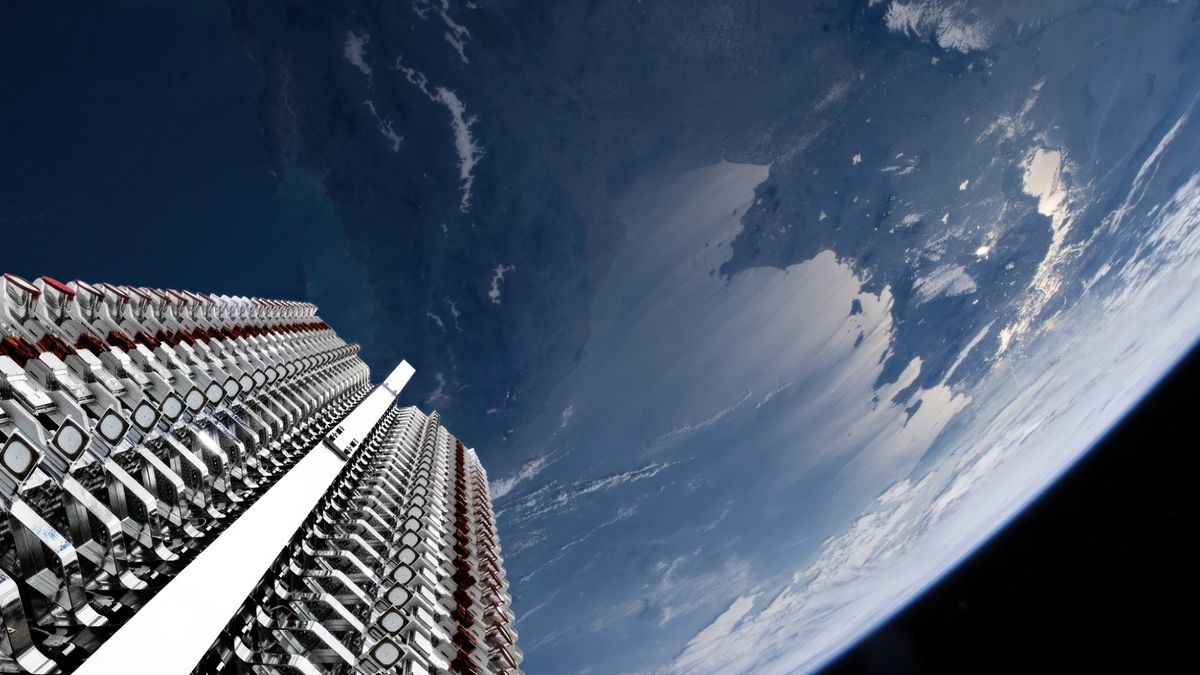Comments
- No comments found

SpaceX has announced its decision to retire approximately 100 Starlink satellites prematurely after identifying a flaw that could pose concerns in the future.
While this may not result in a fiery spectacle, it ensures the continued functionality of the Starlink service for users, unaffected by the de-orbiting process.
According to the announcement, the Starlink team pinpointed a common issue within this subset of first-generation communication satellites that could elevate the probability of failure. Although further details about the specific flaw are yet to be disclosed, it is presumed that the "failure" in question might lead to a loss of control. Notably, 17 Starlink satellites are currently classified as "non-maneuverable," with no confirmation whether this status is linked to the flaw prompting the de-orbiting of the 100 satellites.
Unpowered satellites, particularly those lacking maneuverability, essentially transform into debris. Despite being in a low orbit, these satellites are expected to burn up within a few years rather than lingering for hundreds. The concern about contributing to the space junk problem is one of the criticisms directed at mega-constellations like Starlink. SpaceX aims to proactively address this issue, choosing to de-orbit functioning satellites exhibiting the identified flaw rather than risking potential space debris complications.
While these satellites remain operational despite their age, SpaceX plans controlled descents to remove them from orbit. The de-orbit process is expected to take approximately six months, during which the satellites will also assume maneuver responsibility to avoid high-risk conjunctions with other orbiting objects. This responsible approach ensures that, if encountering other satellites, the Starlink satellites will make calculated moves to navigate safely.
The controlled descents will occur individually over the coming weeks and months, emphasizing a gradual and careful removal process rather than simultaneous de-orbiting. This strategy aligns with SpaceX's commitment to minimizing its contribution to space debris and upholding responsible practices in the ever-expanding realm of satellite constellations.
For Starlink users, there is no need for concern, as the constellation still boasts thousands of operational satellites. With nearly 6,000 launched to date and 406 already de-orbited, the Starlink network remains robust, ensuring uninterrupted service for its customers. As SpaceX takes proactive measures to address identified flaws and enhance the sustainability of its satellite constellations, the evolving dynamics of space technology continue to prioritize responsible practices and environmental considerations.
Leave your comments
Post comment as a guest